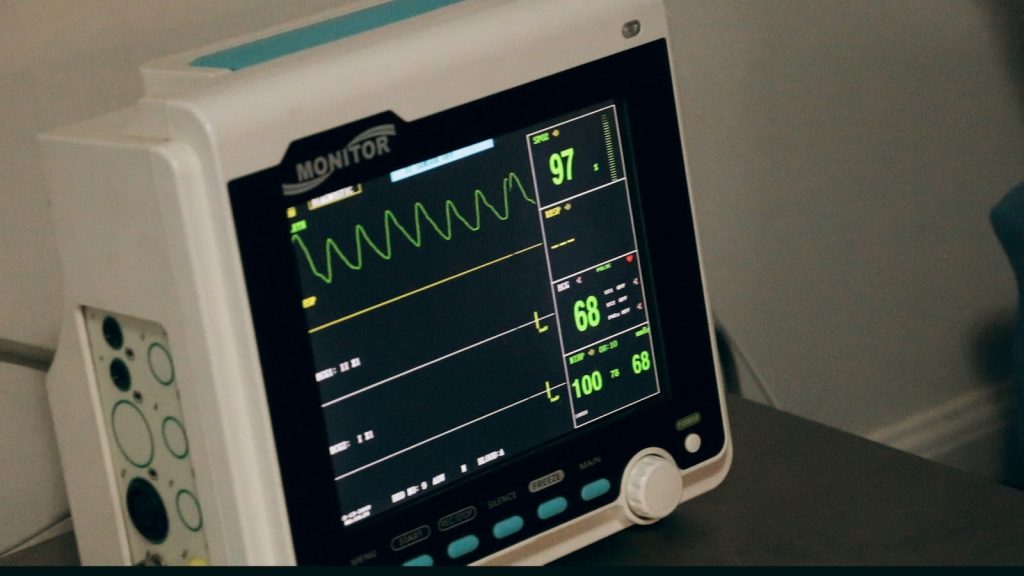Howdy, folks! I’m Jane Smith, your friendly neighborhood financial ethics enthusiast. For over four years, I’ve been dishing out tips and tricks on ethical spending, and today, we’re diving headfirst into the fascinating world of financial ethics in healthcare. Buckle up, because this isn’t your typical financial jargon-laden article. We’re going to break it down with a sprinkle of humor and a generous serving of real-world examples.
Healthcare, without a doubt, is an area where financial ethics can make a monumental difference in people’s lives. From navigating insurance to understanding medical billing, we’re going to cover it all. So, grab your thinking caps and let’s get started!
Understanding Financial Ethics in Healthcare
Before we jump into the nitty-gritty, let’s define what financial ethics in healthcare actually means. It’s all about making sound financial decisions that prioritize patients’ well-being and minimize conflicts of interest. In simpler terms, it’s about ensuring that money doesn’t compromise the quality of care someone receives.
Transparency and Informed Consent
Imagine this scenario: You’re about to undergo a procedure, and the doctor tells you that it’s absolutely necessary. You trust your healthcare provider, but do you really understand the potential costs involved? That’s where transparency and informed consent come into play.

Financial ethics demand that healthcare professionals provide patients with clear and understandable information about the costs, benefits, and potential risks of any treatment. It’s your right to know what you’re getting into, financially speaking, before making a decision.
Example: Let’s say your doctor recommends a series of tests. Ask questions about the necessity, alternatives, and, yes, the costs. It’s your money, after all!
Avoiding Unnecessary Tests and Treatments
One common ethical dilemma in healthcare is overutilization—ordering tests and treatments that might not be needed. It’s like buying a top-of-the-line blender when all you really need is a humble wooden spoon.
Overutilization not only drives up healthcare costs but can also lead to unnecessary stress and potential harm for patients. So, a key principle of financial ethics is to avoid overdiagnosis and overtreatment.
Example: You visit your healthcare provider for a minor ailment, and they suggest a battery of expensive tests. Ask if they are truly necessary or if there are less costly, effective alternatives.
Billing Transparency
Ah, medical bills—a source of confusion, frustration, and sometimes, shock! Billing transparency is a critical aspect of financial ethics in healthcare. Patients should be able to understand their bills, including every charge and code. Surprise bills? Ain’t nobody got time for that!
Example: You receive a bill that seems higher than expected. Reach out to your healthcare provider’s billing department for an itemized explanation and dispute any discrepancies.

Fair Pricing
Ever noticed that the same medication can cost wildly different amounts at different pharmacies? That’s where fair pricing comes into play. Financial ethics in healthcare insist on reasonable and fair pricing for medications, procedures, and services.
Example: If you’re prescribed a medication, shop around at different pharmacies and inquire about generic options. You might save a bundle!
Ethical Marketing
You’ve probably seen healthcare advertisements that promise miracle cures or promote medications with a laundry list of side effects. Ethical marketing in healthcare requires healthcare providers to be honest and transparent in their advertising.
Example: Be cautious when you see ads that seem too good to be true. Consult your healthcare provider before jumping on the bandwagon.
Avoiding Conflicts of Interest
Picture this: Your doctor recommends a particular treatment, but you later find out they have financial ties to the pharmaceutical company that makes the drug. Yikes! Financial ethics in healthcare call for healthcare providers to disclose any potential conflicts of interest.
Example: If your doctor prescribes a medication, don’t hesitate to ask if they have any financial relationships with the manufacturer. Transparency is key.
Charity and Community Care
A heartwarming aspect of financial ethics in healthcare is charity care. Many healthcare institutions have programs to help those who can’t afford medical treatment. It’s like a good neighbor lending a hand when you’re in need.
Example: If you’re facing financial hardship and struggling to cover medical costs, inquire about charity care programs at your healthcare facility.
Conclusion
And there you have it, folks—a whirlwind tour of financial ethics in healthcare! Remember, this isn’t about demonizing the healthcare industry; it’s about holding it to a higher ethical standard. Whether you’re scheduling a check-up or facing a major medical decision, always keep these principles in mind.
Financial ethics in healthcare isn’t just a buzzword; it’s a commitment to ensuring that the pursuit of profit doesn’t overshadow the well-being of patients. So, next time you navigate the labyrinth of healthcare bills or ponder a treatment option, remember to be your own advocate for ethical spending in healthcare.
Until next time, stay healthy, stay informed, and keep those financial ethics in check! Jane Smith signing off.

































